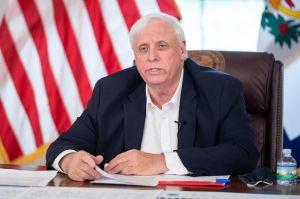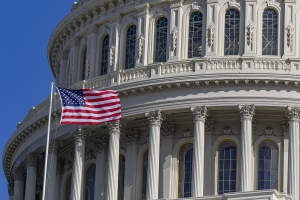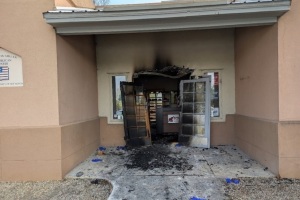White House Less Concerned about Religious Freedom, Report Says
Every year the issue of religious freedom is becoming less important to the White House and State Department, a bipartisan U.S. government panel complained in its annual report on Thursday.
Though the U.S. government should be increasingly mindful of religious freedom in its foreign policy and national security decisions, the opposite has occurred, the U.S. Commission on International Religious Freedom stated its its 11th annual report.
"Regrettably, that small point (freedom of religion) seems to shrink year-after-year for the White House and the State Department," the panel said.
"Neither prior Democratic and Republican administrations, nor the current administration, have been sufficiently engaged in promoting the freedom of religion or belief abroad."
USCIRF is an independent U.S. government commission that monitors religious freedom worldwide and makes policy recommendations to the president, secretary of state, and congress. Its Annual Report 2010 covers 28 countries from April 2009 to March 2010.
The report pointed out that the Obama administration has to date, after more than a year, failed to appoint an Ambassador-At-Large for International Religious Freedom. The position was vacant during the reporting period for this report.
It also highlighted that since President Obama's Ankara and Cairo speech last year he has rarely mentioned religious freedom.
USCIRF took issue with the president and Secretary of State Hillary Clinton replacing the words religious freedom with "freedom of worship." Freedom of worship, the commission contends, is only one part of religious freedom and such a change in phraseology could suggest a much narrower understanding of the right. Regimes could make the case they are respecting the right by allowing faiths they accept to freely worship and permitting a few houses of worship for minority religions.
"This is not the message our nation should be sending to the world's religious freedom abusers," the report stresses.
The president used the phrase "freedom of worship" in Japan on November 14 during his Asia trip. He also used the phrase a few days later in China. And Secretary of State Hillary Clinton used "freedom of worship" on December 14, 2009 at Georgetown University during an address on human rights. She also used the phrase repeatedly in her Internet Freedom speech on January 21, 2010.
"Because of the policy implications of using 'freedom of worship' language, USCIRF urges President Obama, Secretary of Clinton and other high-ranking U.S. government officials to return to invoking or embracing 'freedom of religion or belief' or similar language in all public statements and stress the universal nature of these and other rights."
The Obama administration was also criticized for not making any designation of "countries of particular concern" by the end of the reporting period. The bipartisan panel, however, noted that the Bush State Department also did not make any CPC designations between November 2006 and January 2009.
The CPC designation is given to countries with the worst religious freedom violations. The designation can result in a wide range of U.S. actions including sanctions, embargoes, and withholding of military or financial aid.
This year, USCIRF recommended the State Department designate 13 countries as CPCs. They include eight countries from last year's list – Myanmar (Burma), China, Eritrea, Iran, North Korea, Saudi Arabia, Sudan, and Uzbekistan – and five new ones, which are Iraq, Nigeria, Pakistan, Turkmenistan and Vietnam.
Twelve countries on the panel's watch list are: Afghanistan, Belarus, Cuba, Egypt, India, Indonesia, Laos, Russia, Somalia, Tajikistan, Turkey and Venezuela.
"The United States must redouble its efforts to raise these concerns at the highest levels of the world community," the panel stated in the report. "Anything less betrays our history and values, and fails to leverage the extraordinary capacity we have as a nation to promote religious freedom and related human rights for all."





























